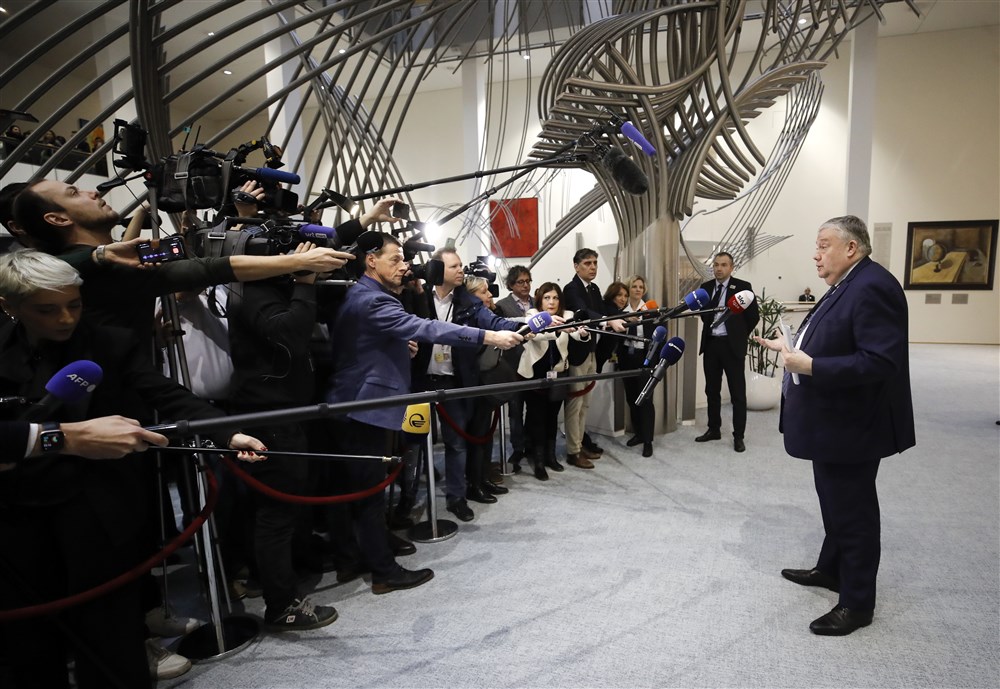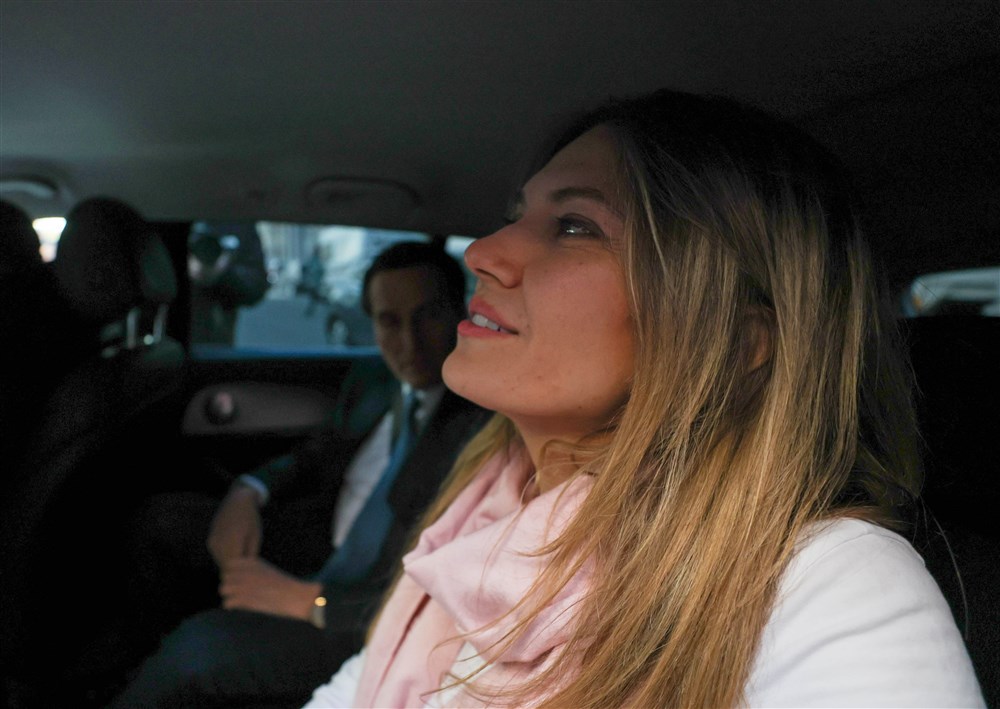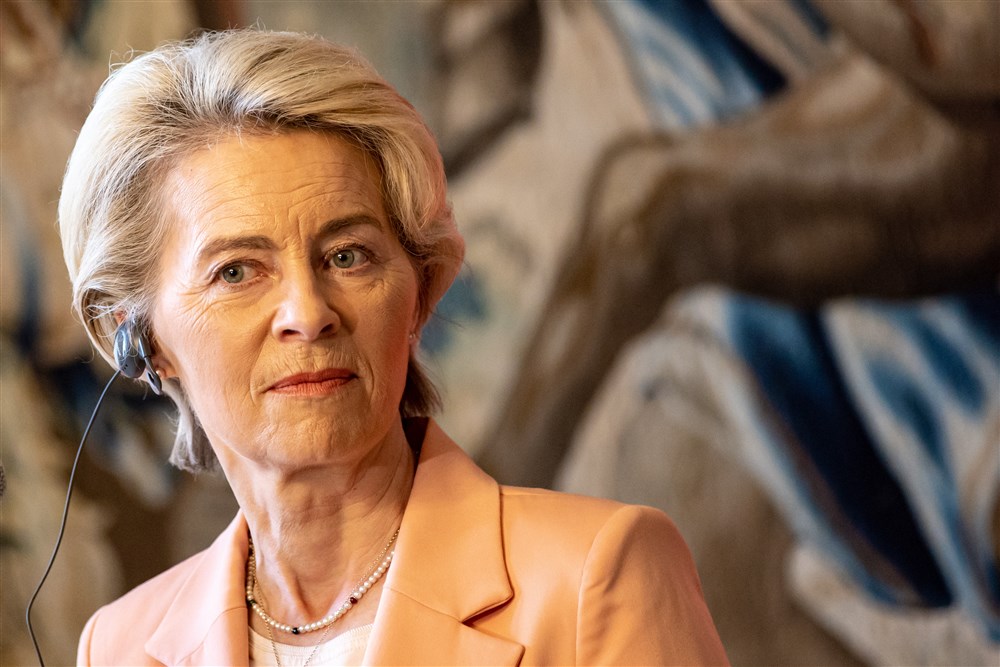A claim that EU officials routinely do drugs was slammed as “unacceptable” by European Council President Charles Michel on February 15.
President Michel “asks for respect for all the men and women in the service of the European Union”, his spokesman said in response to the claim by Brussels planning chief Pascal Smet, a veteran politician. The officials’ trade unions were similarly outraged.
Mr Smet told a closed-door meeting with the European Commission’s office for infrastructure and logistics that “a lot of people working for the European institutions take drugs”. He implied that cocaine in particular was popular. In the Commission’s headquarters on the Schuman roundabout “they are dealing drugs too … and probably not the same drugs they are dealing [in the Northern Quarter], but probably a little bit whiter,” he said, according to Politico.
Behind the verbal skirmish is resistance to a plan by the Brussels authorities to relocate one or more of the EU agencies from the EU quarter around Schuman to the capital’s Northern Quarter, which for many EU officials is synonymous with poverty and crime (many illegal immigrants also congregate there). It and the neighbouring Saint-Josse quarter are among Belgium’s poorest.
Relations between EU officials, the Brussels authorities and indeed the capital’s inhabitants have never been straightforward. EU officials are tax-exempt in Belgium though do pay tax – at a much lower level – directly to the EU’s coffers.
As a result, they have much more spare cash than the average Brussels resident. Their salaries – which unions point out are equivalent to those on offer at other international institutions – drive up the price of rental properties and trigger resentment. Cars registered by EU officials used to have recognisable number plates that began with the Euro prefix; this system was abandoned after a number of attacks by arsonists. A filter was introduced onto the EU’s internal online dating system after staff complained of mistreatment by infiltrators, mostly non-EU staff, who turned out to be “gold-diggers”.





